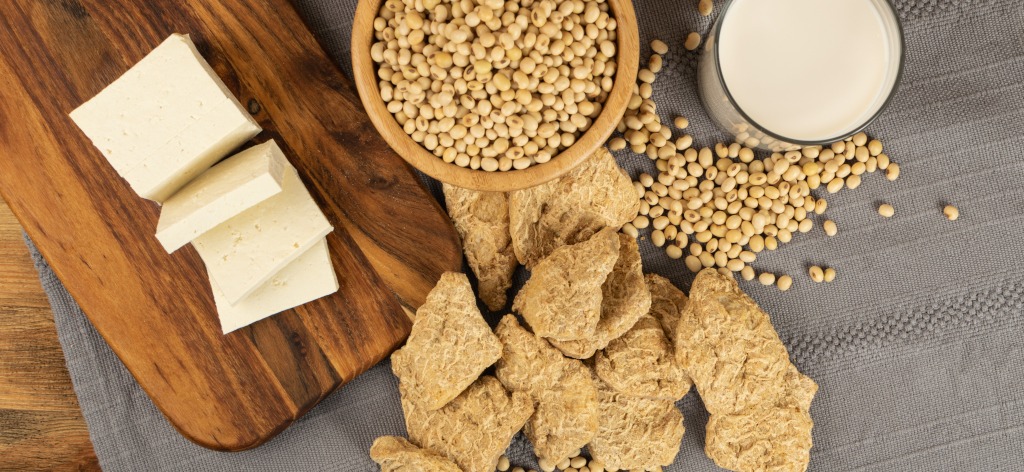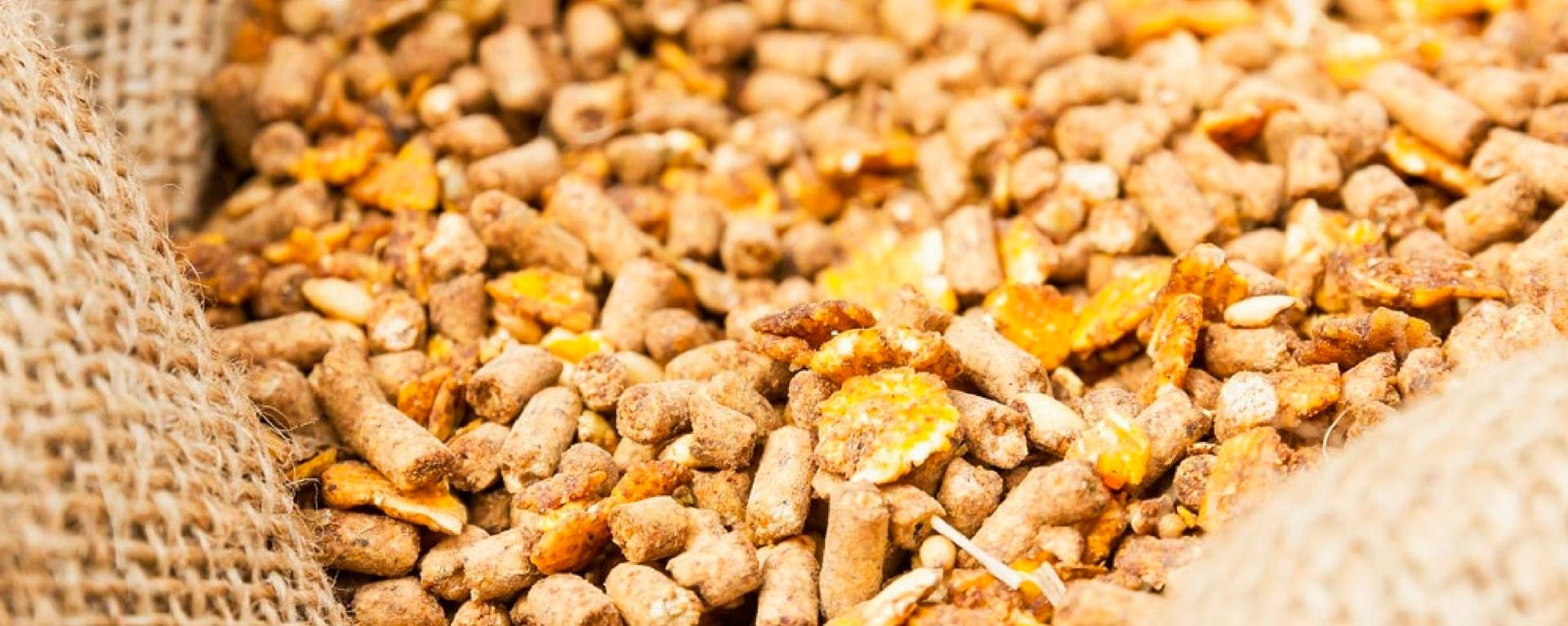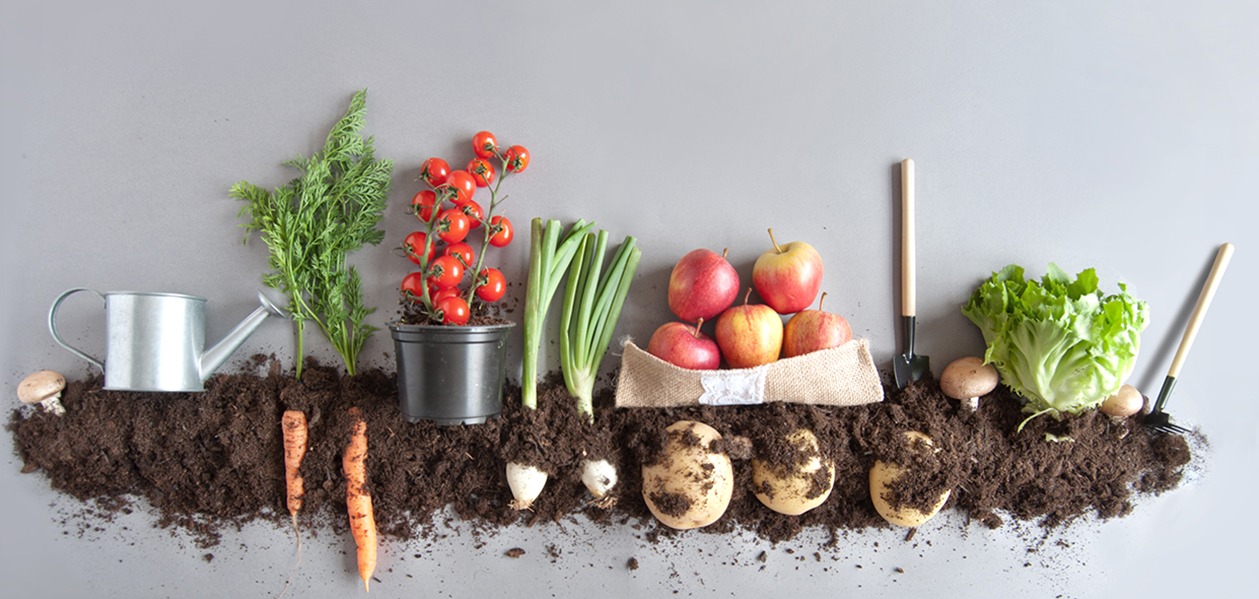The key to securing long-term food security is investing in innovative technologies like alternative proteins, said experts at IPI’s AgriFood Innovation Webinar.
When countries around the world went into lockdown to stem the spread of COVID-19, it revealed vulnerabilities in many of the processes we take for granted in everyday life. The food system—dependent on a complex web of supply chains spanning the globe—was particularly hard hit, as consumers flocked to supermarkets to stock up and unharvested food crops languished in abandoned fields.
Although the pandemic has thrown the question of sustainable food production into sharp relief, the issue has been and will continue to be a critical challenge for the foreseeable future. Providing for the world’s growing population while trying to mitigate the environmental impact of agriculture will require this generation’s best minds and most advanced technology.
Talent and technology were in no short supply at the AgriFood Innovation Webinar, held online from 22 to 24 September 2020. Co-organised by IPI, Republic Polytechnic, Trendlines Agri-food and Innovation Norway, the webinar served as a virtual platform for over 49 experts and innovation partners to share their insights on agrifood innovation.
“I hope this platform will allow us to exchange ideas, practices and promote collaboration in the spirit of open innovation,” said Dr Sze Tiam Lin, IPI’s Head of Intermediary, during opening remarks on the first day of the webinar. “The need for sustainable food is not limited to addressing food production issues in land-scarce countries like Singapore. I believe this subject is relevant to many parts of the world, as this global pandemic has shown.”

Introducing alternate ways to address the meat demand
This sentiment was echoed by Anuj Maheshwari, Managing Director of Temasek International’s Investment Group in the agribusiness sector, who presented an overview of the potential trends and investment opportunities in agribusiness. As the growing global population demands more and for better quality food, Maheshwari emphasised the critical need to rethink existing food systems and put sustainability first.
“With the global population expected to reach 10 billion by 2050, the world will need 50% more energy, 40% more food and significantly more water than it has now,” Maheshwari said. Temasek’s response to the global food challenge is to invest heavily in a variety of sectors that work to solve food security and develop Singapore’s agrifood ecosystem, he shared. One such sector is alternative proteins, an industry Temasek famously endorsed with their investment in plant-based meat manufacturers Impossible Foods since 2017. “There is a critical need to reimagine the food system, in a way where we can grow more food with lesser resources. A possible approach is through alternative proteins, which can produce up to 90 percent less greenhouse gas emissions,” Maheshwari said.
Dr Nitza Kardish, CEO of the newly established Singapore-based Trendlines Agrifood Fund, added that the alternative protein industry has grown in line with the increasing desire for meat. Positioned as a more sustainable and environmentally friendly option, alternative proteins have seen a boom in popularity.
According to Dr Nitza Kardish, grocery sales of animal protein replacements have grown 29% in the past two years to US $5 billion globally. In the past five years, the plant-based food industry has attracted over US $17 billion in investor money, while investment in cultured meat startups have more than doubled since 2019.
“I am sure this trend for alternative and plant-based protein will continue to grow,” added Dr Sze.

Transforming plant mass to animal feed
Beyond the supermarket shelves, alternative proteins aren’t just for human consumption. Feeding livestock is a concern for countries which lack sufficient landmass to grow crops for livestock feed, explained Professor Margareth Overland, Center Director of Foods of Norway at The Norwegian University of Life Sciences, where she is developing biotechnology methods that can convert renewable natural resources such as tree biomass and seaweed into protein-rich yeast to be used in livestock feed.
“We are looking at yeast as an alternative protein source, not just as a supplement in feed,” Overland said. “In addition to being highly nutritious and healthy, there is the benefit of allowing us to move away from imported, less sustainable and resource-intensive feed sources such as soy.” Food security is evidently a global problem that requires a global solution.
Although food security is an increasingly critical issue, the AgriFood Innovation Webinar has shown that there are multiple approaches to tackle it, from shared innovation to investment in urban food production, modern agriculture or alternative ingredients. As the stakeholders in this sector are brought together for initiatives like this webinar, it is very likely that Singapore will soon find itself on the frontlines of this challenge, with the strong backing of government agencies like Enterprise Singapore. As Dr Nitza Kardish aptly concluded, “We believe the agrifood ecosystem in Singapore has a very important role to play as an agrifood tech hub for this region.”
Find out more about IPI's AgriFood Tech Bundle here: https://www.ipi-singapore.org/tech-bundles/agrifood.html

